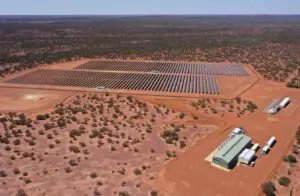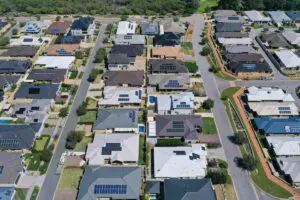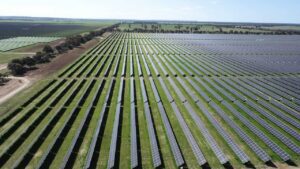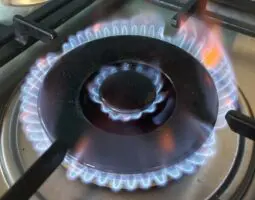Meyer Burger, the last remaining solar manufacturer in Germany, says it may be forced to close down its factory in Freiberg due to the effects of the market distortion in Europe, driven largely by a glut of cheap Chinese imports.
The Switzerland headquartered company said this week that while it is driving growth of its US business, it is preparing to shutter module production in Germany as part of a plan to reduce revenue losses in the EU.
Facing losses of at least 126 million Swiss francs ($A220 million) the company says the current plan is to close the Freiberg factory at the beginning of April 2024 – shutting the door on Europe’s largest module plant in operation and affecting around 500 employees.
Meyer Burger says a sharp increase in China’s production overcapacity, along with trade restrictions imposed by India and the US, has led to a significant oversupply and “unprecedented distortion” in the European solar market in 2023.
And it notes that its withdrawal as a solar manufacturer in Europe will “further cement the continent’s dependence on imports from China” and make the EU solar energy transition less future-proof.
“We would like to avoid the decision to close our module production in Germany, which was put into operation less than three years ago,” said Meyer Burger CEO Gunter Erfurt in a statement this week.
“As long as the legislator does not create fair competition despite its announcements, we are preparing the restructuring in Germany.”
The company says a final decision on restructuring plans will have to be made by the second half of 2024. It says that while solar module manufacturing would cease, solar cell production in Germany would continue – to support a ramp-up of module production in the US.
“The focus is currently on growth in the highly attractive US market, which enables high profitability,” Erfurt said.
“In the US, we can make full use of our leading technology position… to build a profitable business and thus give our shareholders a positive outlook.
“The expansion of the US business is currently progressing as planned and the commissioning of our module production in Goodyear is expected to start in the second quarter of 2024,” he said.
Meyer Burger’s dilemma highlights the plight of the global solar supply chain, which has become increasingly dependent upon – dangerously so, according to the International Energy Agency – exports from China.
In 2022, the IEA issued a warning that China’s across-the-board domination of the global solar supply chain was a direct threat to the smooth transition to net zero emissions, in a first of its kind study by the group.
The IEA Special Report on Solar PV Global Supply Chains put China’s current share in all the key manufacturing stages of solar panels at greater than 80%, and said that for key components like polysilicon and wafers, China’s share was on track to rise to more than 95%.
“China has been instrumental in bringing down costs worldwide for solar PV, with multiple benefits for clean energy transitions,” said IEA Executive Director Fatih Birol at the time.
“At the same time, the level of geographical concentration in global supply chains also poses potential challenges that governments need to address.”
The Germany government – which has reportedly faced threats like this from Meyer Burger before – says it is aware of the problem.
“We are in talks with Meyer Burger, and we are very aware of the difficult situation of this company and the PV industry in Germany,” a government spokesperson said on Wednesday.










